Workouts & Nutrition to Increase Testosterone
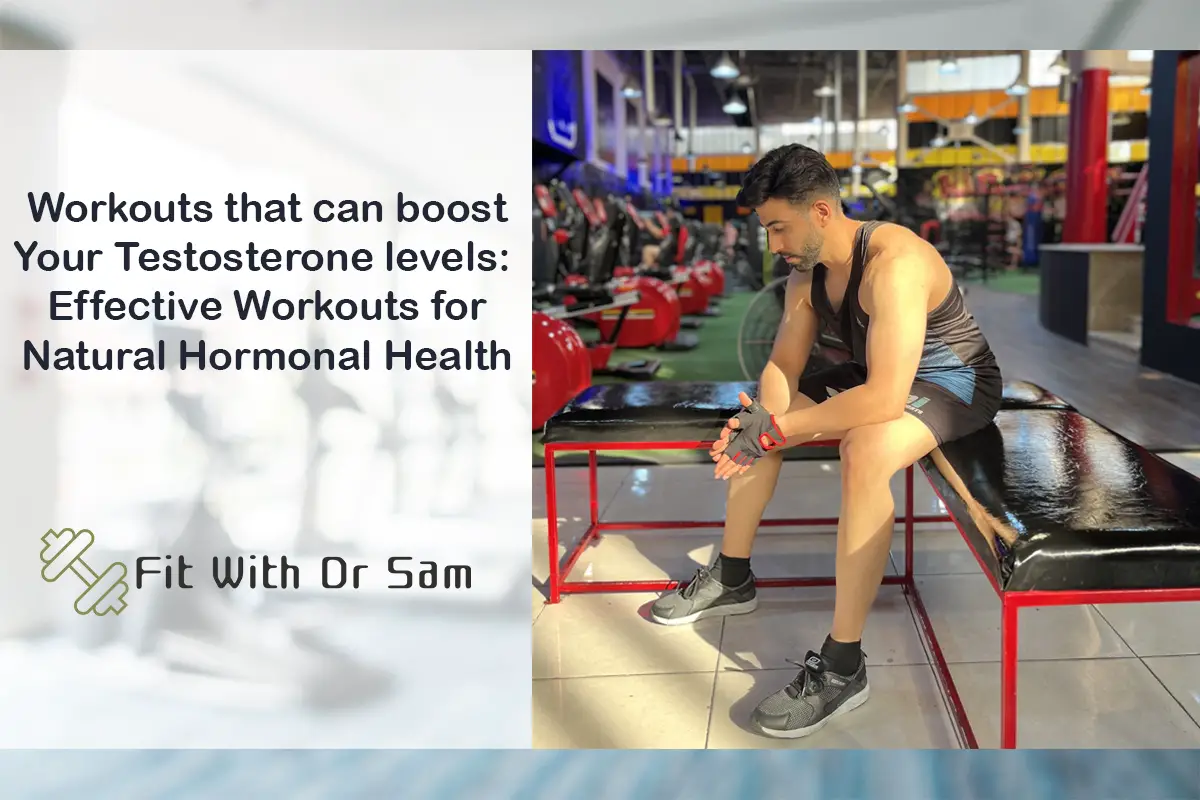
Table of Contents
Sample Workout Plan for Boosting Testosterone
Here’s a weekly workout plan that boosts testosterone levels. This plan combines resistance training, HIIT, and moderate cardio to help increase testosterone levels:
Monday: Full-Body Resistance Training
- Squats: 4 sets of 6 reps
- Deadlifts: 4 sets of 6 reps
- Bench Press: 4 sets of 6 reps
- Pull-Ups: 3 sets of 8 reps
Tuesday: HIIT
- Sprint Intervals: 30 seconds sprint, 90 seconds rest, repeat 10 times
Wednesday: Rest or Light Activity
- Light yoga or stretching
Thursday: Upper Body Resistance Training
- Overhead Press: 4 sets of 6 reps
- Bent Over Rows: 4 sets of 6 reps
- Dumbbell Flyes: 3 sets of 8 reps
- Bicep Curls: 3 sets of 10 reps
Friday: Moderate Cardio
- 30 minutes of jogging or cycling
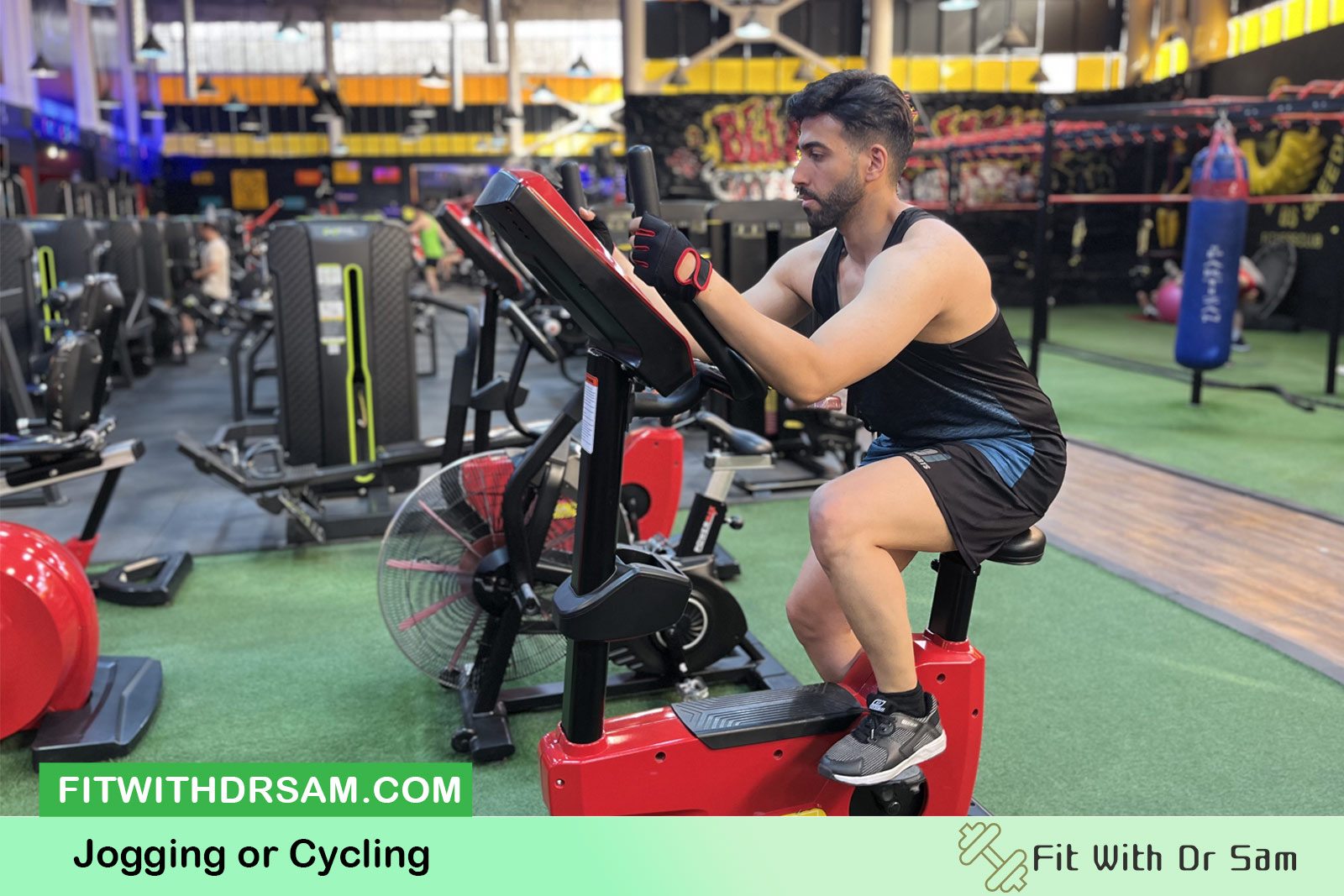
Saturday: Lower Body Resistance Training
- Leg Press: 4 sets of 6 reps
- Lunges: 3 sets of 10 reps per leg
- Hamstring Curls: 3 sets of 8 reps
- Calf Raises: 3 sets of 12 reps
Sunday: Rest or Light Activity
- Gentle walking or stretching (You can read a complete guide to stretching exercises in Introduction to Types of Stretching and Mobility Exercises article).
Testosterone is a crucial hormone in the body, playing a vital role in muscle growth, bone density, and overall physical health. Testosterone levels are directly influenced by supplements and medications, however, you might find it interesting that certain workouts can naturally boost this hormone. In this passage we have created a full guide on the workouts that can help increase testosterone levels. So if you want to learn natural ways to improve your hormonal health and boost testosterone levels, don’t miss out on this article.
What Types of Workouts Boost Testosterone?
Various types of exercises can influence testosterone production. These include resistance training, high-intensity interval training (HIIT), and certain forms of cardio. Let’s take a closer look at each of these exercise routines.
Resistance Training
Resistance training, particularly lifting heavy weights, is highly effective in boosting testosterone. According to a study published in the American physiological society journal, engaging in heavy resistance training significantly increases testosterone levels post-exercise [1].
- Squats: Full-body exercise that stimulates multiple muscle groups, particularly the legs and core can be quite helpful to increase testosterone levels. Squats not only build lower body strength but also engage the larger muscle groups, leading to a higher release of testosterone.
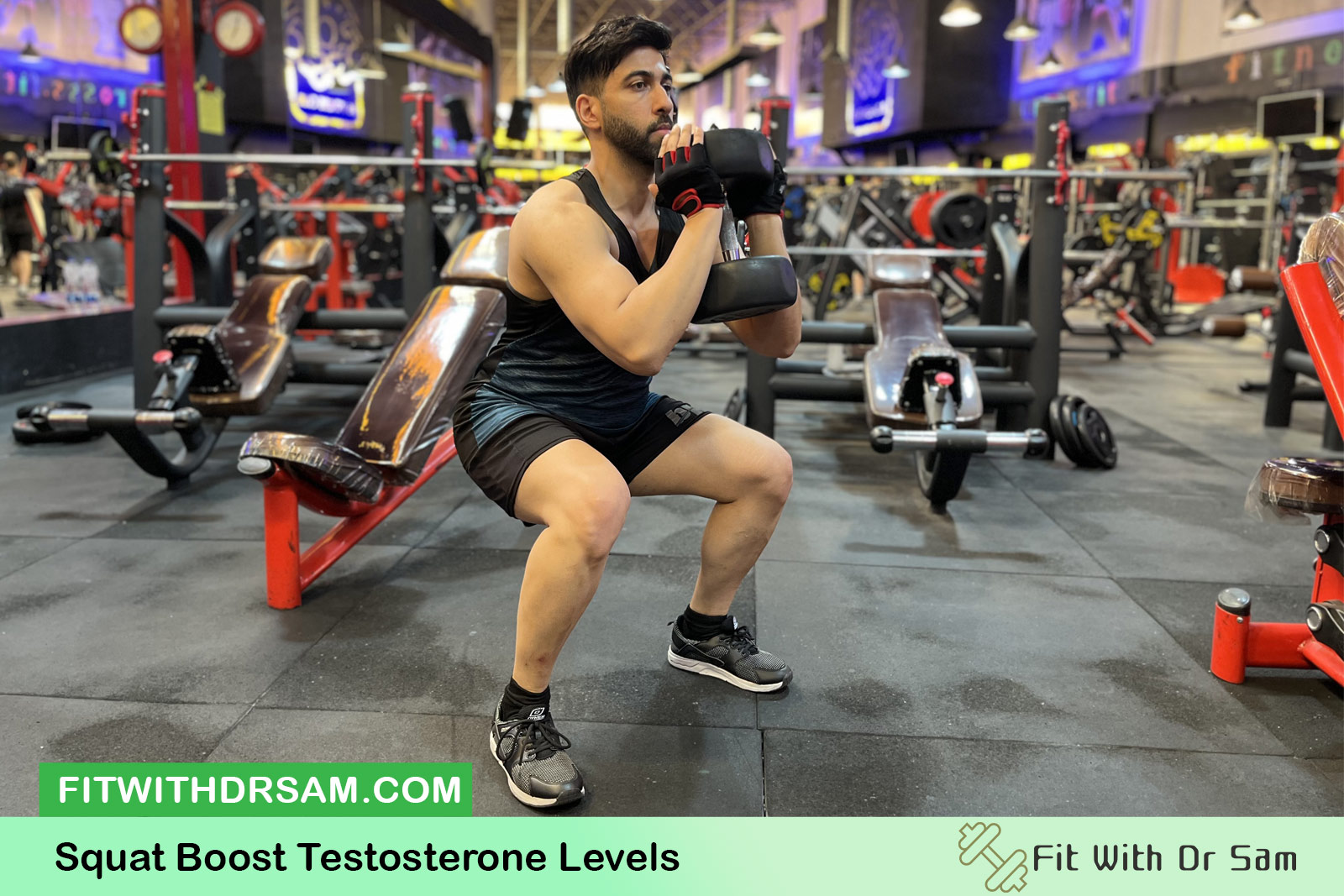
- Deadlifts: This exercise engages the legs, back, and core, promoting overall strength and stability. Deadlifts are known for their ability to target the posterior chain, which includes the hamstrings, glutes, and lower back.
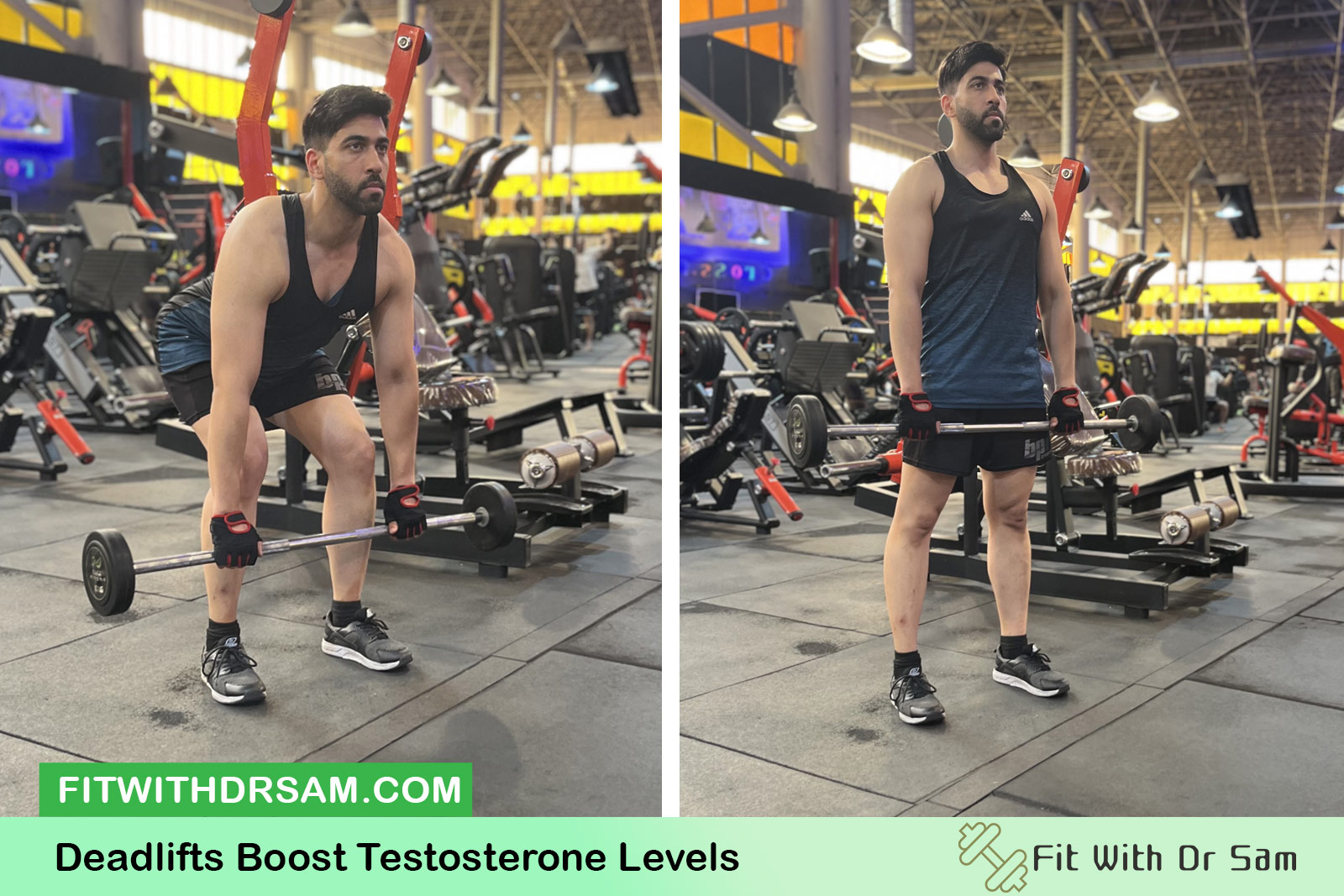
- Bench Press: This exercise targets the chest, shoulders, and triceps, crucial for upper body strength. This compound movement is effective in stimulating muscle growth and increasing upper body power.
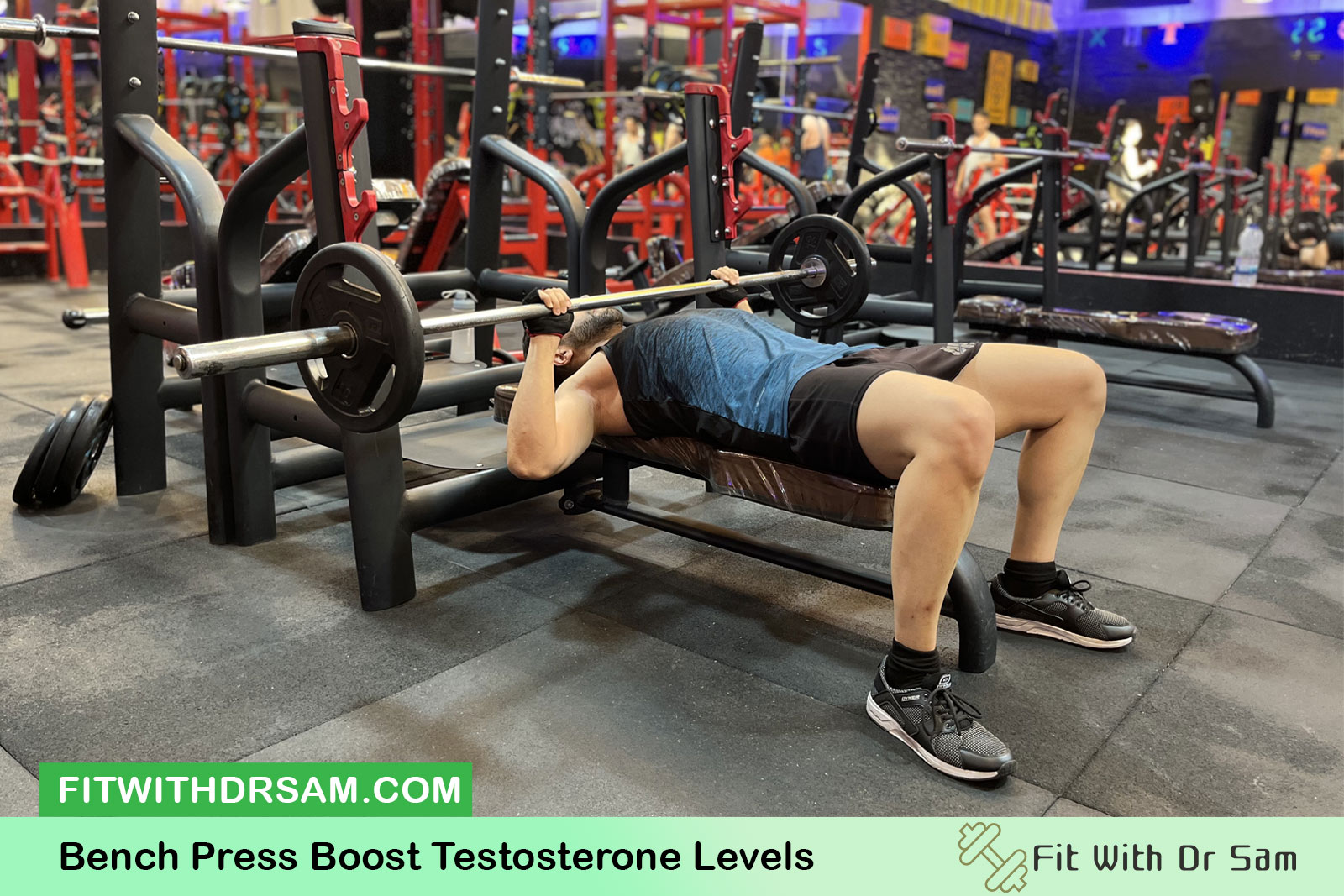
Tips for Effectiveness:
- Focus on Compound Movements: These involve multiple joints and muscle groups, leading to greater hormonal responses. Compound movements like squats and deadlifts are more effective at increasing testosterone levels compared to isolation exercises.
- Lift Heavy: Aim for weights that allow you to complete 4-6 repetitions with proper form. Lifting heavy weights triggers a larger hormonal response, promoting testosterone production. However don’t forget to listen to your body and avoid overtraining. Go as far as your body handles not further.
- Progressive Overload: Gradually increase the weight or resistance over time to continue challenging your muscles.
High-Intensity Interval Training (HIIT)
HIIT involves short, intense sets of exercise followed by brief rest periods. This form of training not only boosts cardiovascular health but also significantly increases testosterone levels. A study from the National library of medicine found that HIIT can elevate testosterone levels more effectively than steady-state cardio [2].
Sample HIIT Workout
- Sprint Intervals: 30 seconds of sprinting followed by 90 seconds of walking, repeated 8 to 10 times can have a significant role in increasing testosterone levels and muscle growth. Sprint intervals are highly effective at raising heart rate and stimulating hormonal responses.
- Circuit Training: Including exercises like jump squats, and kettlebell swings performed in quick succession with minimal rest can also be quite effective. Circuit training combines cardiovascular benefits with strength training, leading to higher testosterone production.
Benefits
- Time-Efficient: The high-intensity interval training method provides maximum benefits in a shorter time compared to traditional cardio. HIIT workouts typically last 20-30 minutes, making them ideal for busy schedules.
- Burns Fat: This technique helps reduce body fat percentage, which is associated with higher testosterone levels. Lower body fat levels can enhance overall hormonal balance.
Cardiovascular Exercise
While excessive cardio can potentially lower testosterone, moderate amounts of cardiovascular exercise are beneficial. According to a study in the MDPI, men who engaged in moderate aerobic exercise experienced increases in testosterone levels [3].
Best Practices
- Moderation is the key:
Aim for 30-45 minutes of moderate-intensity cardio, such as jogging or cycling, 3-4 times a week. This level of activity supports cardiovascular health without compromising testosterone levels. - Incorporate Variety:
Mix different types of cardio to keep your workouts interesting and effective. Alternating between running, cycling, and swimming can prevent boredom and enhance overall fitness.
The Role of Nutrition in Testosterone Production
Another aspect of your life which can directly impact your hormonal balance is your daily diet. Consuming foods rich in zinc, vitamin D, and healthy fats can further enhance the effects of your workouts. According to a study in BioMed central, individuals who supplemented with vitamin D saw a notable increase in testosterone levels [4].
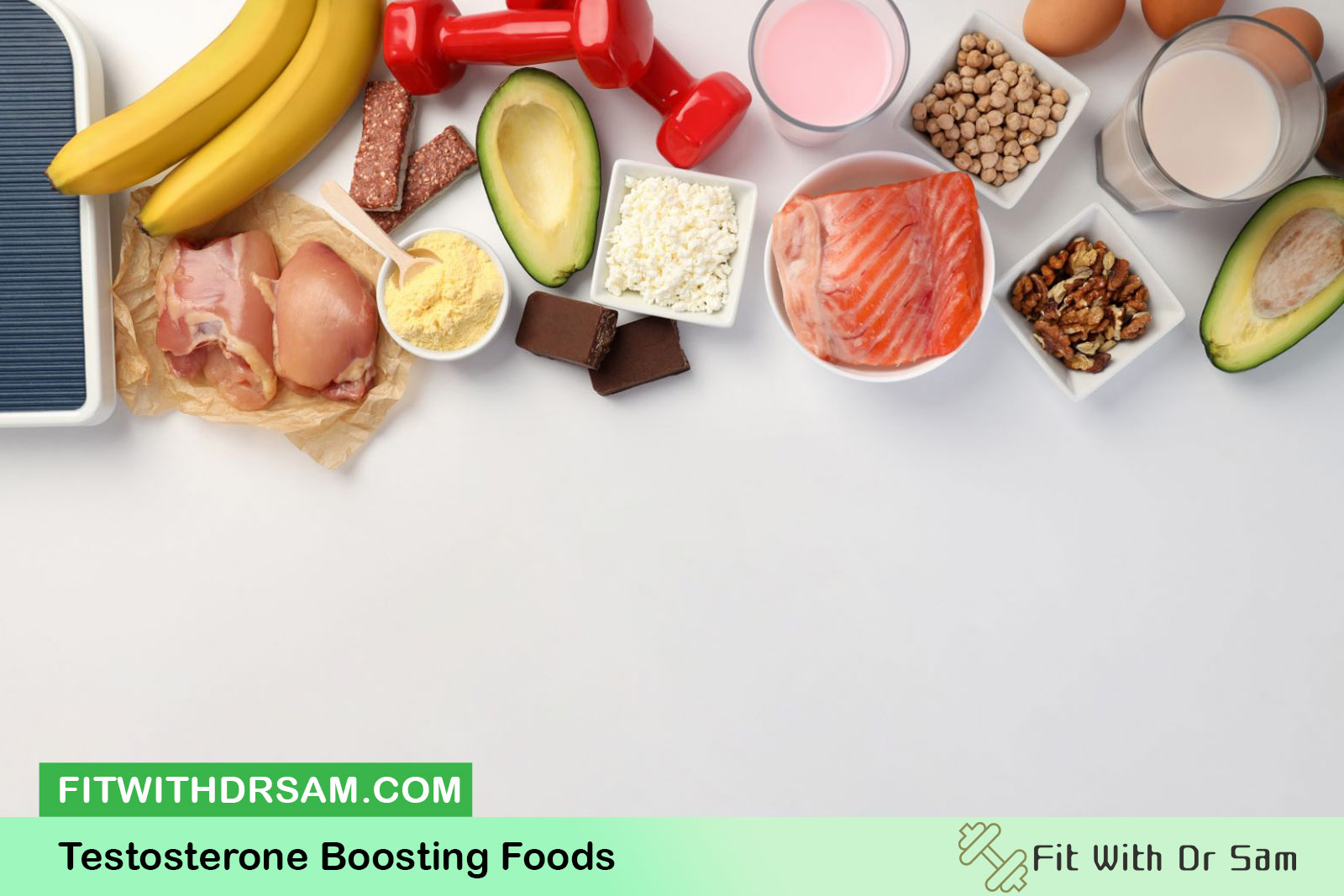
To learn about foods that increase testosterone you can read the following article: Increase Testosterone Grocery Guide.
9 foods that increase testosterone
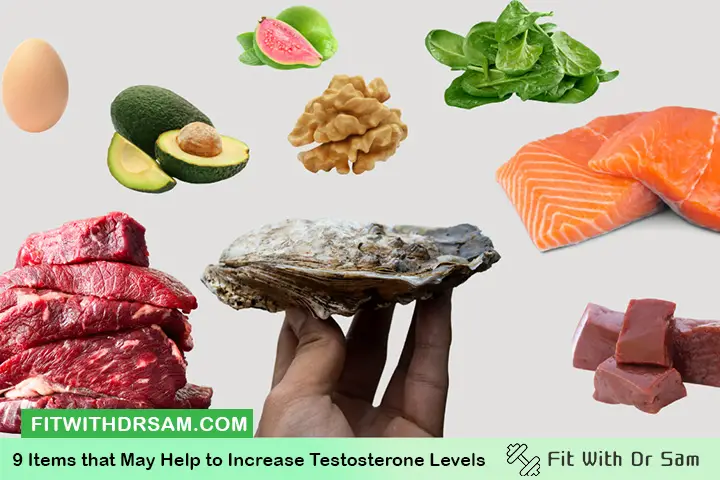
1. Oysters
Oysters are a top source of zinc, a vital nutrient for reproductive health. They boast a higher zinc content per serving than any other food, making them a valuable addition to the diet.
Severe zinc deficiency in males can lead to hypogonadism, a condition characterized by insufficient testosterone production, along with symptoms like impotence and delayed sexual maturation.
In addition to oysters, zinc can be found in other shellfish, red meat, poultry, beans, and nuts. However, it’s essential to be mindful of zinc and copper competing for absorption in the body. When considering supplements, it’s crucial to avoid excessive intake of either mineral.
2. Fatty fish and fish oil
Fatty fish and fish oils are rich sources of omega-3 fatty acids, often referred to as “good” fats. Research suggests that low-fat diets may lead to decreased testosterone production. Incorporating foods like fatty fish and fish oils into the diet not only boosts total dietary fat intake but also provides numerous health benefits, including support for heart and joint health.
Moderate consumption of fatty fish or supplementation with fish oils can be beneficial for increasing omega-3 fatty acid intake. Some examples of fish high in omega-3s include mackerel, herring, salmon, sardines, and trout.
3. Leafy Greens
Dark, leafy greens are a powerhouse of micronutrients, particularly magnesium, which plays a crucial role in the increase testosterone levels process, particularly in older men. Magnesium is believed to enhance testosterone bioactivity by mitigating oxidative stress, an imbalance between antioxidants and free radicals in the body.
Oxidative stress and inflammation can diminish testosterone levels, so incorporating nutrients that combat oxidative stress may help to increase testosterone levels.
An older study involving 399 men aged 65 and above discovered that those with higher magnesium levels in their blood exhibited elevated testosterone levels compared to those with lower magnesium levels.
Similarly, a study conducted on Taiwanese men revealed a correlation between low intake of leafy green vegetables and reduced testosterone levels. Thus, incorporating more magnesium-rich foods like spinach, kale, and collard greens into your diet may help support healthy testosterone levels.
4. Ginger
Ginger has been utilized for its medicinal and culinary properties for centuries. While anecdotal evidence supports its benefits, research conducted on test tubes and animals suggests that ginger extract may enhance testosterone production. However, it’s crucial to recognize that these findings have not been validated in controlled human studies.
Additionally, ginger supplementation may offer benefits such as reducing blood pressure and improving blood flow, both of which are risk factors for sexual dysfunction.

5. Avocados
Avocados are a valuable source of healthy fats essential for hormonal balance. Moreover, they contain magnesium and a trace mineral called boron, both of which have been linked to increase testosterone levels.
Boron, in particular, appears to influence testosterone metabolism in the body and may offer protection against testosterone degradation. Although some studies suggest that high doses of boron supplements could enhance testosterone levels in certain individuals, the findings remain inconclusive. Further research is necessary to better understand the effects of boron supplementation on testosterone.
While it’s not currently recommended to rely solely on boron supplements for increasing testosterone, incorporating dietary sources of this mineral like avocados may contribute to maintaining healthy testosterone levels.
6. Eggs
Eggs, particularly the yolks, are packed with healthy fats, protein, and selenium, an essential mineral with antioxidant properties. Research conducted on test tubes and animals suggests that selenium may play a role in boosting testosterone production by activating specific pathways and gene expression.
Moreover, studies in both humans and animals have indicated that individuals with optimal selenium levels in their blood tend to have higher testosterone levels.
However, more research, especially involving humans, is needed to fully understand the impact of selenium on testosterone levels.
Eggs are a highly nutritious food choice and can be a valuable addition to your diet, unless you have an egg allergy. It’s important to note that whole eggs, including the yolks, are significantly more nutritious than just consuming the egg whites, as the yolks contain the majority of the essential micronutrients.
7. Pomegranates, Cherries and Berries
Berries, cherries, and pomegranates are rich in flavonoid antioxidants, which play a crucial role in protecting cells that produce testosterone from damage and may stimulate testosterone production.
An earlier study conducted on rats revealed that supplementation with pomegranate juice helped shield against induced oxidative stress, resulting in increase testosterone levels and safeguarding of Leydig cells responsible for testosterone production.
Moreover, there is limited evidence suggesting that supplementing with pomegranate juice may elevate salivary testosterone levels in male athletes. However, further research involving human subjects is necessary to fully understand the effects of pomegranates or their juice on testosterone levels.
Furthermore, these fruits may aid in mitigating inflammation induced by obesity, which can contribute to decreased testosterone levels. Incorporating antioxidant-rich foods like berries, cherries, and pomegranates into your diet may not only promote overall health but also support hormonal balance.
8. Onions
And at last, onions are rich in various nutrients and antioxidants. According to a 2019 study, onion and onion extract have been shown to promote hormone production, enhance antioxidant activity, and potentially increase testosterone levels.

9. Extra-Virgin Olive Oil
Extra-virgin olive oil is a fundamental component of the Mediterranean diet, renowned for its numerous health advantages, such as a decreased risk of heart disease and cancer.
This oil is abundant in monounsaturated fat and vitamin E, a potent antioxidant. Like fatty fish and fish oils, incorporating extra-virgin olive oil into one’s diet can raise overall fat consumption, which in turn supports testosterone production.
Findings from a small-scale 2013 study suggest that this oil may enhance serum testosterone levels in healthy adults.
Foods to minimize to avoid lowering testosterone
Certain foods have been linked to lower testosterone levels. Individuals seeking to increase testosterone levels may consider limiting:
1. Processed Foods: Many frozen or prepackaged meals and snacks fall into the category of processed foods. These items typically offer little nutritional value while being high in calories, salt, fat, and sugar. Additionally, processed foods often contain significant amounts of trans fats, which can decrease testosterone levels and hinder testicular function.
2. Canned or Plastic-Packaged Foods: Foods and beverages packaged in cans or plastic containers have the potential to impact hormone levels. This can occur when individuals ingest chemicals like bisphenol A (BPA) or bisphenol S, commonly found in water from plastic bottles or reheated food in plastic containers. However, it’s important to note that this area of study is still emerging.
3. Alcohol: While moderate alcohol consumption may not pose significant risks, excessive drinking can substantially lower testosterone levels and impair sexual function. Beyond disrupting hormone production, excessive alcohol intake can reduce sperm count and heighten the risk of sexual dysfunction. Read more on the effects of alcohol on muscle growth.
Testosterone-Boosting vitamins
- Zinc:
Found in oysters, beef, and pumpkin seeds, zinc is essential for testosterone production. Zinc deficiency has been linked to lower testosterone levels. - Vitamin D
Sunlight exposure and foods like fatty fish and fortified dairy products can help maintain optimal levels of vitamin D. Vitamin D plays a crucial role in hormone regulation.
Lifestyle Factors to increase Testosterone
While workouts are a significant factor, other lifestyle choices also play a crucial role in maintaining healthy testosterone levels.
Getting Enough Sleep
Adequate sleep is vital for hormone production. According to research in University of Chicago Medical Center men who slept for only 5 hours a night experienced a significant reduction in testosterone levels compared to those who slept for 7-9 hours. Quality sleep allows the body to repair and regenerate, supporting optimal hormone production [5].
Stress Management
Chronic stress elevates cortisol, a hormone that can negatively impact testosterone. Incorporating stress-reducing practices like meditation, yoga, or deep breathing exercises can help maintain a healthy hormonal balance. Reducing stress not only benefits hormonal health but also enhances overall well-being.
Weight Management
Maintaining a healthy weight is crucial, as obesity can lower testosterone levels. Regular exercise, combined with a balanced diet, can help manage weight effectively, thereby supporting healthy testosterone levels. According to a study published in national library of medicine, weight loss in obese men was associated with a significant increase in testosterone levels [6].
FAQ
-
Why is Testosterone Important?
Testosterone is a functional hormone in human body and it can help you keep and increase your muscle mass, strength, and overall vitality. It affects physical performance, energy levels, and even your mood. So without enough testosterone you might start to feel tired and it might become quite hard for you to build muscle or gain weight.
-
Can exercising have an adverse effect on testosterone levels?
Yes, overtraining can lead to increased cortisol levels, which can negatively impact testosterone. Ensure you have adequate rest and recovery. Don’t push your body too hard. Remember that balancing intense workouts with proper rest periods is crucial for hormonal health.
-
What role does diet play in boosting testosterone through workouts?
A balanced diet which is rich in protein, healthy fats, and complex carbohydrates can support muscle repair and hormonal balance, complementing your workout efforts. Nutrient-dense foods provide the necessary building blocks for hormone production and muscle recovery.
-
How often should I work out to see an increase in testosterone?
Aim for at least 3-4 days a week of resistance training or HIIT, coupled with moderate cardio. Consistency is key if you want to see results. Regular exercise routines that incorporate these techniques can lead to sustained increases in testosterone levels.
Conclusion
Incorporating specific workouts into your routine can significantly boost testosterone levels, improving muscle mass, strength, and overall well-being. By focusing on resistance training, HIIT, and moderate cardio, and supporting these efforts with a balanced diet and healthy lifestyle choices, you can naturally enhance your testosterone production. Remember to consult with a professional trainer before starting any new workout routines, especially if you have underlying health conditions.
References
[1] https://journals.physiology.org/doi/full/10.1152/jappl.1999.87.3.982
[2] https://www.ncbi.nlm.nih.gov/pmc/articles/PMC5551442/
[3] https://www.mdpi.com/2411-5142/5/4/81
[4] https://jissn.biomedcentral.com/articles/10.1186/s12970-020-00347-8
[5] https://www.sciencedaily.com/releases/2011/05/110531162142.htm
[6] https://www.ncbi.nlm.nih.gov/pmc/articles/PMC6785957/
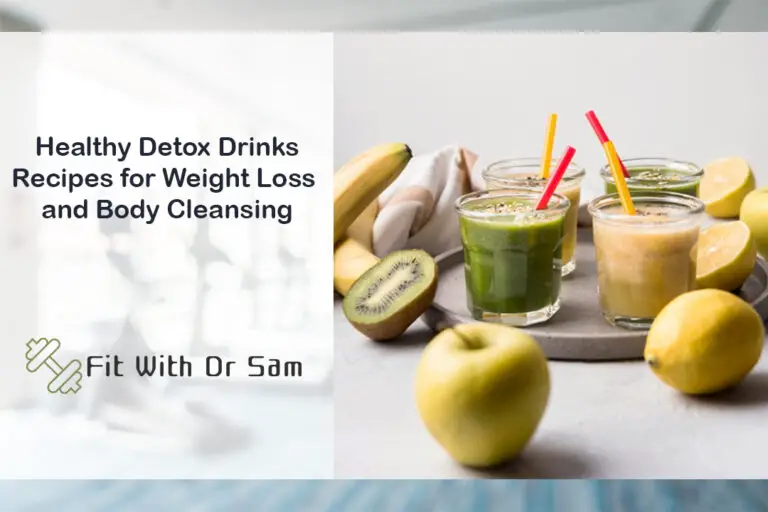



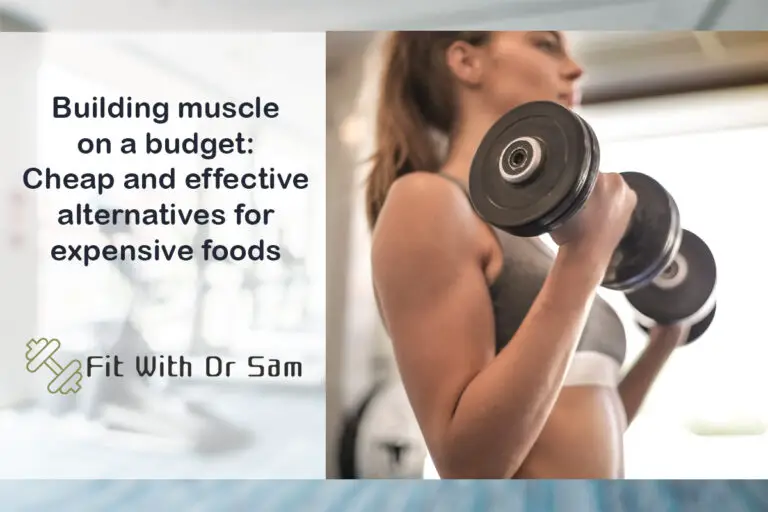

God Nature human being benefit,be blessed guys.
Your welcome dear friend, thanks for your comment 🙂
Atleast I have learned something that is gonna build me thank you so much
Hello dear friend,
Your warm comments are really encouraging.
Thank you
Thanks for your help and information
Which food lengthens the reproductive organ?
Claims that certain foods can directly lengthen the reproductive organ are often unsubstantiated and can be misleading. It’s important to rely on scientific evidence and consult with healthcare professionals for accurate information regarding sexual health.
If you have concerns about your reproductive health, it’s recommended to discuss them with a doctor or other qualified healthcare provider.
Thanks a lot very informative
Your welcome dear friend, stay tuned for future articles 🙂
I am grateful for the wisdom and support information
Respectfully Kahlito Antonio EL
Thanks for your attention, if you have further questions we are here at your service 🙂
Thank you Doc, a very informative piece.be blessed
Your welcome, Thank you for the kind words.
Please, I have a problem.
My reproduction organ is very small and tiny like a 3yro when flaccid but huge when erect what could be the cause this affects me in public?
Genetics plays a substantial role in determining size. However, other factors, such as hormones, the environment, and nutrition, can affect the size. Other factors, including body type, physical fitness, and underlying medical conditions may affect how the penis appears and a person’s perception.
Thank you Mr Sam for good knowledge that benefits mankind
Your welcome dear friend 🙏 thank you for your feedback. It’s really encouraging.
Everything is very open with a clear claritication of the issues.
It was really informative. Your site is extremely helpful.
Thank you for sharing!
Thank you for your time and comment 🙏
Hiya! I know this is kinda off topic however , I’d figured I’d ask.
Would you bee interested in trading links or maybe guest writing a blog article or vice-versa?
My blog covers a lot of the same topics as yours and I fel we could greatly benefit from
each other. If you are interested feel free to shoot me an email.
I look forward to hearing from you! Fantastic blog by
the way!
Hello dear friend
Yes ofcourse.
Please send me your website link.
I’ll check and will inform you.
I’m not that much of a internet reader to be hoknest but
your blogs realoly nice, keewp it up! I’ll go ahea and bookmark your site too
come back down the road. All the best.
Hello dear friend
Thank you for your inspiring comment
It was really nice to hear that 🙏
Hello fitwithdrsam.com administrator, Thanks for the well written post!
Hello, thank you my dear friend. Your warm comment is definitely encouraging and motivating me on this path.
Have you ever considered creating an e-book
or guest authoring on other blogs? I have a blog
based on the same subjects you discuss and would really like to have you share some stories/information. I know my subscribers
would valuee your work. If you are even remotely interested,
feel free to send me an e-mail.